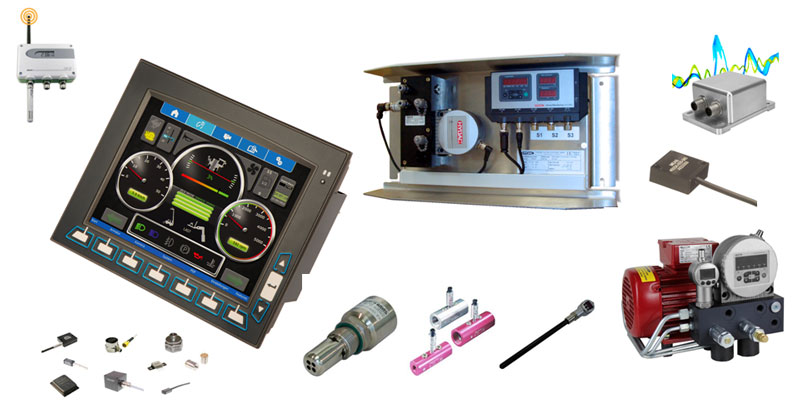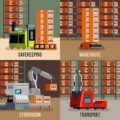Enterprises across all industries are shifting their operations to Industry 4.0, which connects production technologies with information and analysis software in order to make operational processes faster, cheaper, and more streamlined than ever before. These improvements don’t just have an impact on the way companies interact with technology – they have an impact on the bottom line, too! Read on to learn about some of the most important benefits of Industry 4.0, and start seeing huge gains in efficiency within your own business.
Improved Productivity
On average, industrial robots are about 5 times more productive than human beings. Theoretically, one robot could produce what twenty employees do in a day—if we ignored that human emotions and social skills can’t be replicated by technology, which would make it easier to manufacture parts consistently and handle issues that might arise during production quickly and reliably.
Improved Efficiency
Thanks to automation, Industry 4.0 reduces human error and enables humans to focus on areas in which they have a competitive advantage over machines (e.g., judgment, situational awareness, etc.). This is particularly valuable in health care settings where mistakes can be lethal. As an added bonus, robots work tirelessly and don’t need pay raises! Additionally, because manufacturing is increasingly automated, workers are freed up to do more complex tasks that require human intelligence and creativity – like designing and creating new products or systems!

Flexibility and Agility
The speed and flexibility that comes with automating data exchange between machines is unparalleled, but Industry 4.0 has also led to a higher degree of agility for traditional manufacturing processes by allowing workers to access real-time information about production runs and shift work schedules; therefore, not requiring them to physically walk around and inspect their equipment. Because producers can now adapt quickly to fluctuations in supply and demand, they can compete more effectively in global markets without needing massive cash reserves or large factories (since they don’t need inventory sitting on shelves waiting for orders). For example, when demand for a product goes up mid-run—perhaps due to customer feedback—automation allows manufacturers to switch resources around so as not to slow down production.
Makes Compliance Easier
While it’s one thing to ensure data is captured properly and that appropriate steps are taken to mitigate risk, it’s another thing altogether to make sure all relevant data has been entered and processed according to regulatory compliance requirements. The main advantage of Industry 4.0 is that it will make compliance easier by automatically collecting required data at each step in a process and making sure no changes can be made without review or approval from an auditor or senior manager. Through automation, processes are more efficient and streamlined, minimizing opportunities for fraud and making auditing far easier and more effective than ever before!
Better Customer Experience
Increased automation means your customers can get their products faster, easier and cheaper. In a time where customer experience is crucial to business success, it’s becoming more important than ever to provide an easy and enjoyable purchasing experience for your customers. In order to provide them with a great experience, you’ll need to add automation into your systems that allow you to complete orders in less time with fewer errors — thereby providing a seamless experience.
Reduces Costs
Improved visibility and information into supply chains reduce costs related to sourcing, production and product development, including errors, delays and cost overruns. Advanced analytics can also be used to identify opportunities for process optimization and supply chain collaboration that will further reduce costs while improving quality control. The Internet of Things (IoT) allows for increased monitoring of plant equipment operations at an early stage in product development, enabling defects to be caught before they are built into products or processes are installed into production facilities.







